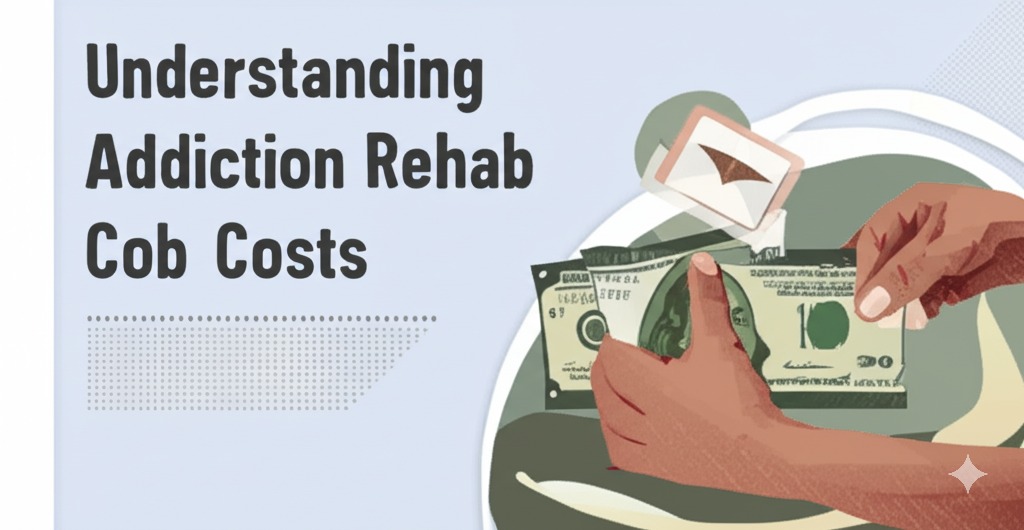Addiction is a battle that millions of people face every day. While seeking help is a courageous and vital step toward recovery, one common concern often stands in the way: how much does addiction rehab cost? Understanding the costs involved can help individuals and families make informed decisions without added stress during an already challenging time. This guide breaks down the expenses associated with addiction rehabilitation and explores the options available to make treatment more accessible.
Why Addiction Rehab Costs Vary
The cost of addiction rehab can vary dramatically depending on several factors. Here are the key elements that influence the price:
1. Type of Program
- Inpatient rehab: Residential programs that offer 24/7 care and supervision. These are typically more expensive due to lodging, meals, and intensive therapy.
- Outpatient rehab: Allows individuals to live at home while attending treatment sessions. More affordable but may not be suitable for severe addictions.
- Detox programs: Often the first step, these medically supervised programs help cleanse the body of substances.
2. Duration of Treatment
- Short-term (30 days): Less expensive but may not offer enough time for recovery.
- Long-term (60-90+ days): Higher cost but greater success rates due to extended support.
3. Location and Amenities
- Rehabs in urban areas or luxurious settings (like beachside or mountain retreats) can charge more.
- Facilities offering upscale accommodations and holistic therapies (yoga, acupuncture, massage) also tend to have higher fees.
Average Cost Breakdown
While costs can fluctuate, here are estimated average expenses for different types of rehab:
- Detox (7 days): $250 to $1,000 per day
- Inpatient (30 days): $6,000 to $30,000
- Outpatient (3 months): $1,000 to $10,000
- Luxury rehab: $30,000 to $100,000+ per month
Keep in mind, prices depend heavily on the facility and services provided.
Insurance Coverage for Rehab
The good news is that many insurance plans cover addiction treatment. Thanks to the Affordable Care Act (ACA), substance use disorder is considered an essential health benefit.
What Insurance May Cover:
- Detox
- Inpatient or outpatient treatment
- Medication-assisted treatment (MAT)
- Mental health counseling
Steps to Take:
- Contact your insurance provider to understand what’s covered
- Ask the rehab facility to verify your insurance benefits
Affordable and Free Rehab Options
If you’re worried about the cost, know that affordable rehab is available.
Public and Non-Profit Programs
- Government-funded rehabs and non-profits often offer low-cost or free services
- These may have waiting lists but can be life-changing
Sliding Scale Payments
- Some rehabs adjust costs based on your income
Scholarships and Grants
- Ask facilities if they offer financial assistance or payment plans
Is the Cost Worth It?
While rehab may seem expensive, it’s important to weigh it against the long-term cost of addiction:
- Lost wages and job opportunities
- Legal fees
- Health complications and hospitalizations
- Strained relationships and emotional toll
Investing in recovery can save money—and lives—in the long run.
Final Thoughts: Taking the First Step
Understanding addiction rehab costs is a crucial part of the recovery journey. Whether you’re looking into a luxury facility or need low-cost options, there are resources and programs out there to help you find the right fit.
Don’t let cost be a barrier to getting help. Explore your options, ask questions, and take the first step toward a healthier, addiction-free life.

Kallie Snyder is an author at Stonegate Health Rehab, providing valuable insights, recovery guidance, and rehab resources to help individuals achieve better health and well-being.
